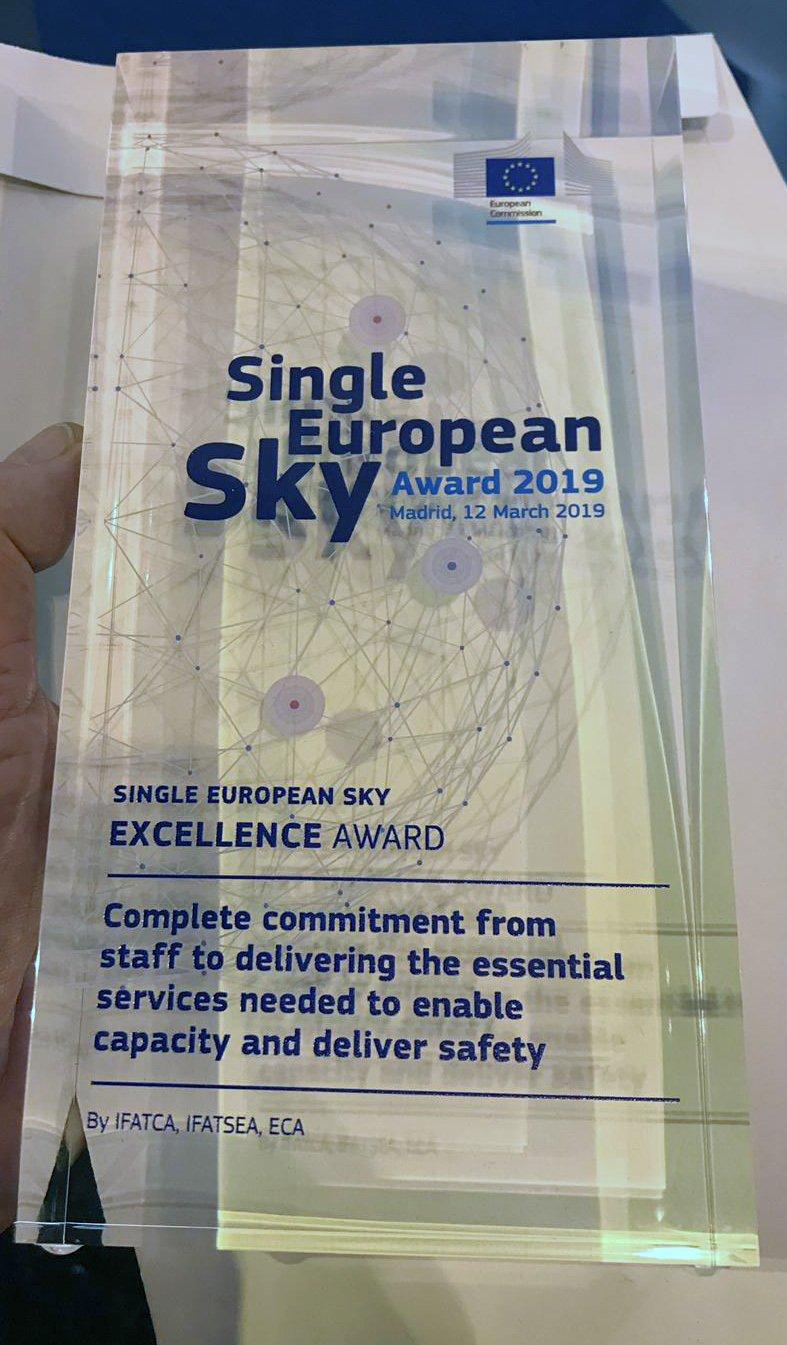

Flight delays in Europe have doubled last year and passengers have been warned to expect even “more misery” this summer. While the Air Traffic Management (ATM) system is fully stretched to its capacity limit, the creation of a fully-functioning Single European Sky (SES) is still a distant prospect. The European Commission invited a Wise Persons Group to come forward with collective recommendations on how to make the European ATM system more efficient, flexible and sustainable in the future. At a hearing, ECA delivered a critical view and the pilots’ perspective on the biggest problems facing European ATM today.
The major lack of focus on the European general interest is the most striking issue. Key stakeholders, especially Air Navigation Service Providers (ANSPs) and airlines, tend naturally to look first at their own achievements and goals, e.g. from a financial and capacity viewpoint. And they are always quick to blame the others for the ATM system inefficiencies. It is fair to say that these actors ‘play’ with the existing scheme and most of their decisions – if not all – aim at using loopholes and system shortcomings to optimise their own gains.
On one hand ANSPs set lower charges compared to their neighbours and ‘competitors’ when they can afford to do so with the aim of attracting more flights. Sometimes they delay major ground infrastructure investments crucial to improve the overall system efficiency. On the other hand, too often airlines try to beat the system by using creative tools to non-optimal file flight plans with regards to the European network capacity, flight efficiency and environmental efficiency, but nonetheless providing the cheapest ‘on-the-day’ routes.
As a system ATM also suffers from systemic issues. Unfortunately, these are not addressed in a systemic way by the right stakeholder able to change the situation. Instead of addressing the root cause of a systemic flaw, we patch it up with small fixes at the wrong level. The “file it, fly it” philosophy is a perfect example. Pilots are requested to adhere to the flight plan as much as possible in order to improve predictability thus increasing efficiency and capacity of the system. It means pilots and controllers – the front-end users with a very limited system overview – are asked to fix the system. And this despite the fact that pilots in this case are not generally the ones who prepare and file the flight plan but are executing the flight according to the expectations and instructions of their operator (SOP, bulletins, training, etc.).
It is beyond any doubt that the system is in dire need of reform, suffering as it is from these systemic flaws and problems. A number of recurrent failures and outages across the network have proven that the ATM system is not resilient enough: the Enhanced tactical flow management system outage (April 2018), Belgocontrol power outage (2015 & 2017), Belcogocontrol Flight Data Failure, DSNA Flight data failure… Add to that a number of cyber-security vulnerabilities and weather hazards which disrupt operations, and you end up with record numbers of flight delays and cancellations.
The negative economic and environmental consequences are well-known with impressive figures hammered in the media, but the human side of these consequences are passengers and crew who suffered from the summer 2018 travel nightmare. Missed vacations, meetings or family occasions make up for unsettling memories and frustrations of European passengers. But while for passengers this may have been a one-off event, pilots and cabin crew faced this every day at work during the peak season, and for weeks. These accumulated delays, and the fatigue that comes with them, are not an abstract statistic or nuisance. Delays stretch flight duties to the limits, quite often with duties ending much later than scheduled, deep in the night and with a reduced rest opportunity. The fatigue associated with such operations is creating a hidden but very concrete safety hazard. This makes the capacity crunch also a major safety challenge which airlines and aviation authorities must take seriously.

During the 2019 World ATM Congress in Madrid, the International Federation of Air Traffic Safety Electronics Associations (IFATSEA), the European Cockpit Association (ECA) and the International Federation of Air Traffic Controllers’ Associations (IFATCA) have jointly been awarded the Single European Sky Excellence Award.
The European Commission attributed the award to the “complete commitment from staff to delivering the essential services needed to enable capacity and deliver safety.”
This is why it is important that operational staff and their professional organisations provide up-to-date front-end expertise to the development of the Single European Sky project. Ironically, the very system – SES – that should reduce the delays, is also delayed and lagging behind. But that must not stop it from materialising.